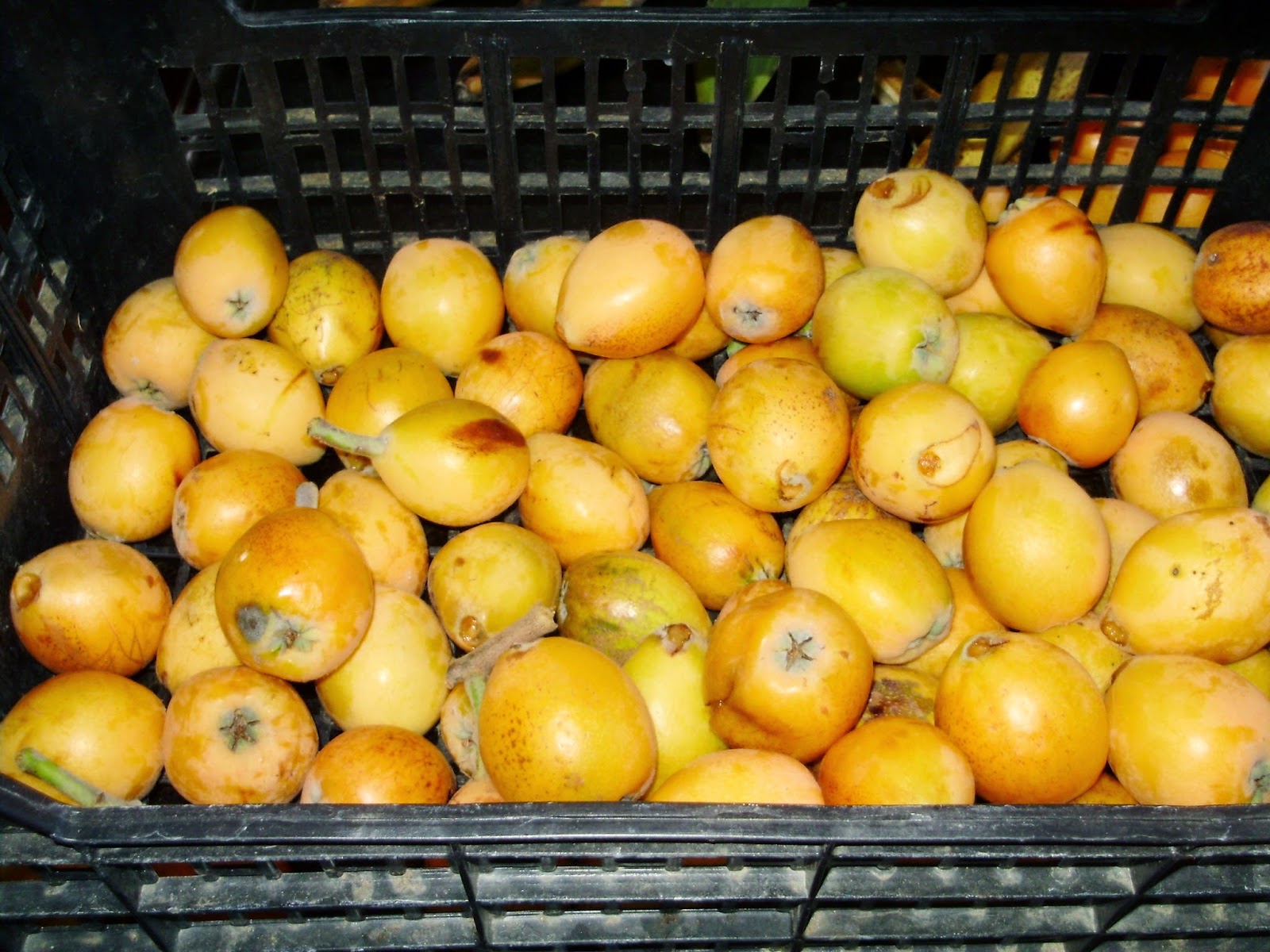Those are just two of the things I've learned on the organic farm and garden called Finca La Paz, high in the hills of Costa del Sol, Spain, near the small town of Torrox.
The avocados are dwarfed by the huge lemons (about 6 inches diameter) on a lovely, lush tree next door. We pick some of each when they're ripe (or when we're hungry). Freshly squeezed orange juice and grapefruit slices grace the breakfast table.
The hens at Finca La Paz are truly cage-free, free-range, all-natural, vegetarian-fed, no-hormone-or-antibiotic chickens. They love lettuce and broccoli leaves, bugs, worms, and pecking through the grass. They seem content, ruled over by their rooster, Miguel. The eggs laid every morning, and their large golden yolks, produce egg salad so bright it's like sunshine on a platter. Served on a bed of fresh lettuce leaves, of course.
This week's harvest included foot-long, half-inch wide, velvety pods of broad beans. Picked every day and shelled for freezing or cooking up in creative dishes by our hostess, Gill. We have tasted broad-bean dip, broad-beans stir-fried with broccoli and snap peas, and broad-bean soup with cabbage and onion--my own creation.
I've harvested bags of sugar snap peas. On the warmest days, they seem to grow as fast as I pick them; I go down one row, and on the way back there are more that have ripened! On cooler days, the growth noticeably slows. We eat them raw in salads, cooked into soups, give them away, and still store stacks of them in the freezer. Fresh cabbage, carrots, leeks, chard, beets, and purple broccoli also graced the dinner table and freezer shelves this week.
When fruit ripens, it needs to be picked within a short period. The nisperos (loquats in English), over a period of two days, are picked, peeled, the pits removed, and cooked up into chutney. This is a four-person job.
Every morning we start work at nine here on the farm, feeding the chickens, planting, weeding, watering, picking, mulching, processing. I weed, mulch, harvest and prepare vegetables while Pope plants and helps mends fences and drip irrigation parts. On Monday, for our initiation, we shoveled and hauled manure. On Friday I spent a couple of hours turning a compost pile, a solidly packed biomass about 3 feet x 3 feet and 2 feet deep. It required a strong back (thanks to all those sit-ups I've been doing), finesse with the feet, and powerful biceps to lift piles of decayed garbage with a pitchfork--while balancing on the slope in front of the bin!
We pause for morning coffee with our hosts, Dave and Gill, and stop work around 2:30 for lunch on the patio, usually a tasty and attractive salad. My version of lunch on Thursday featured mixed greens and flowers of nasturtium and borage. You can't get fresher food anywhere! Are you jealous? Don't forget the manure and the compost pile! Not to mention the climbing up and down.
The 11 garden plots are scattered on terraces on the side of the hill below the house, supported by stone walls. Stone steps and steep paths connect garden plots to fruit trees to chicken coop to storage sheds to compost bins to seed nursery to house and driveway--the last two perched at the very top of the ridge. The one-car-wide access road and driveway feature steep drop-offs and hairpin turns.
Our leg muscles, complaining after the first two days, reached equilibirum by day six. Reaching the lowest garden plots, farthest from the house at the bottom of a long, steep path, aggravates my injured foot. But the reward is a peaceful 5-minute interlude among wildflowers and buzzing bees and an orchard of olive trees, under the blazing sun. Olives are the cash crop at Finca La Paz; the rest of the vegetables are for the table.
The days are pleasant, the work is not difficult, and life is moderately paced in this southern Spain hideaway. Yet every afternoon, we stumble, bleary-eyed, into our cozy hideaway below the main house to take advantage of that most venerable of Spanish traditions, the siesta--afernoon nap.




















No comments:
Post a Comment